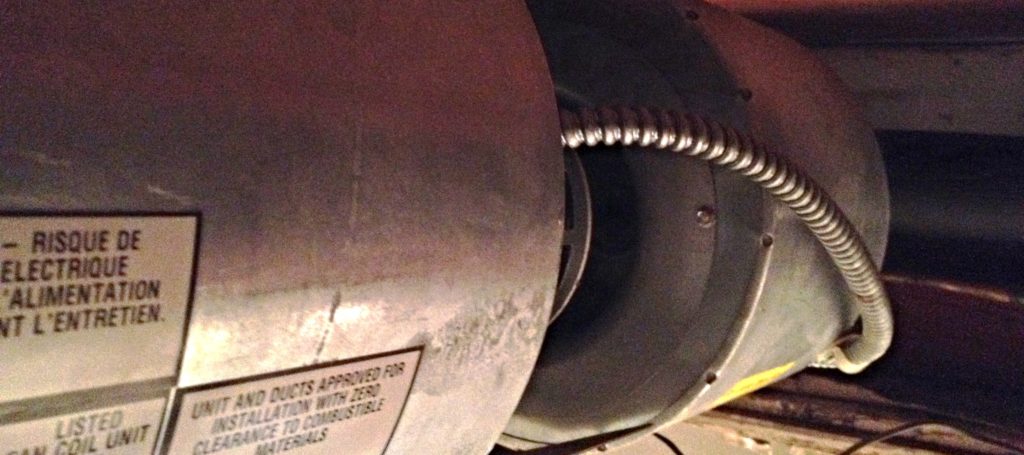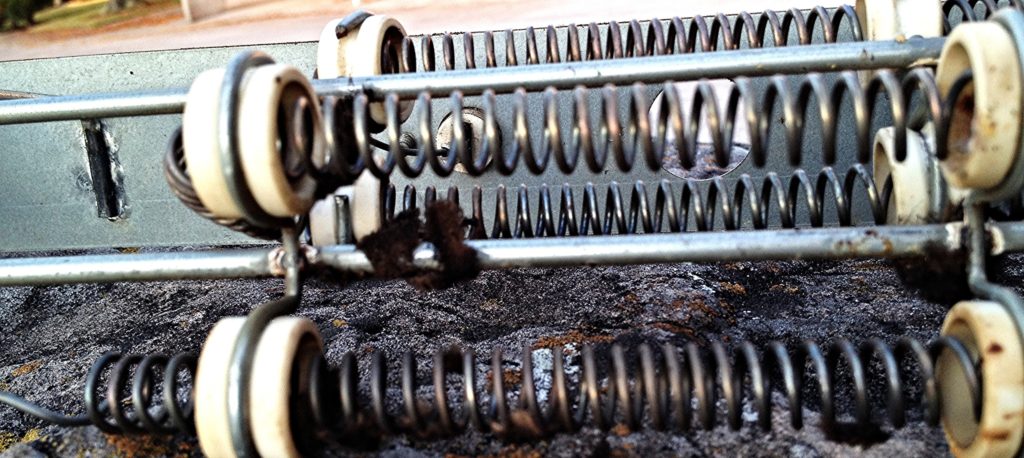Furnace/Air Handler Repair Story in Houston, TX on a 2 TON First Company Furr-down

Story.
We have had a customer this past week whose house was not heating properly. In fact it was not heating his home at all. Making for some very cold nights. He called us because his previous company who installed the unit to begin with was a little bit uneasy about working on this kind of unit. The unit is not a ‘normal one’ that you would see on most homes. It is called a Ceiling Fan Coils or ‘Furdown’.

Furdown
Ceiling Fan Coils otherwise known as Furdowns are typically made for tighter spaces. In this case the customer lived in a townhouse with literally no accessible attic space. Take a look at the picture above and you will see the limited area inside of the “attic”. Furdowns are very useful in these situations. However, the problem with furdowns is that because they are more rare some technicians shy away from working on them. The brand on this unit was First Company which is made in Dallas, TX.

Diagnosis
We sourced the failure in the heat strips. Heat strips are coils that operate much like a toaster. Coils are created to maximize heated surface area powered by electrical utility. Air is then pushed across the heated coils to warm the home. This is not the most efficient way of heating the home but is adequate in a small space in Houston, TX. Often times heat pumps are used in conjunction with electrical heat strips.
The failure itself was probably caused by cat fur. Though the system was only a few years old we surmised that the failure was ultimately created by a combination of a cat living in the home and the filter not being changed frequently enough. Yet another reminder to replace your filters. You can see from the pictures that there is a decent amount of fur on the coils of the heat strips.

Final Repair
We simply replaced the heat kit with a new one from First Company. This took ~1.5 hrs to complete the replacement once we had the part.
Cost and Price:
The cost for the part was roughly ~$105. Labor cost the company $120. The charge to the customer was $450. Leaving us at roughly a 50% Gross Margin for the repair. This is fairly standard in the industry. Depending on who you call this kind of repair will range from $300 – $750.



